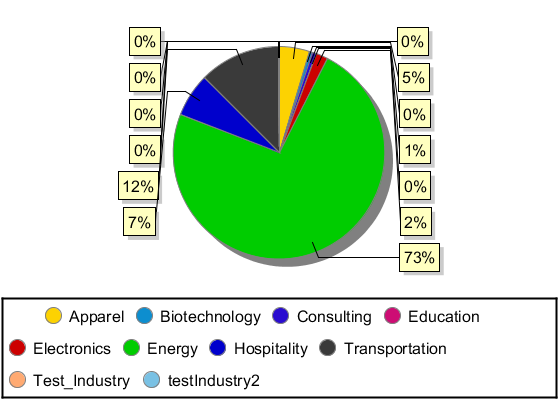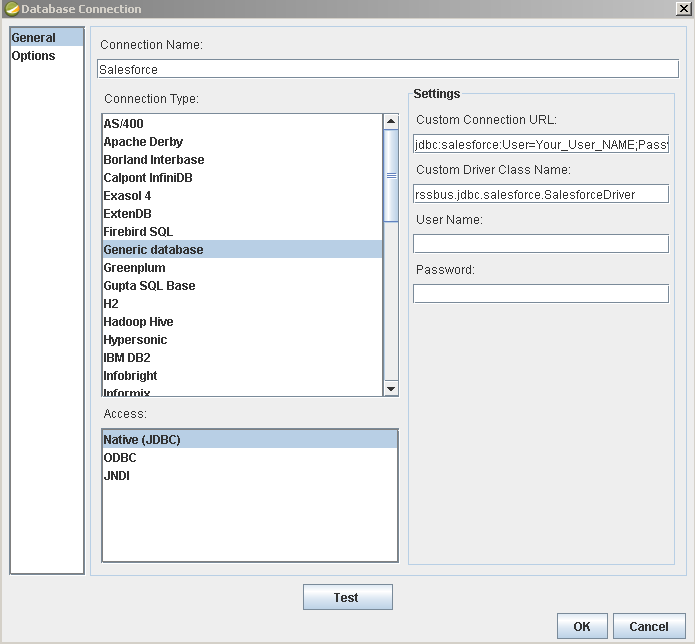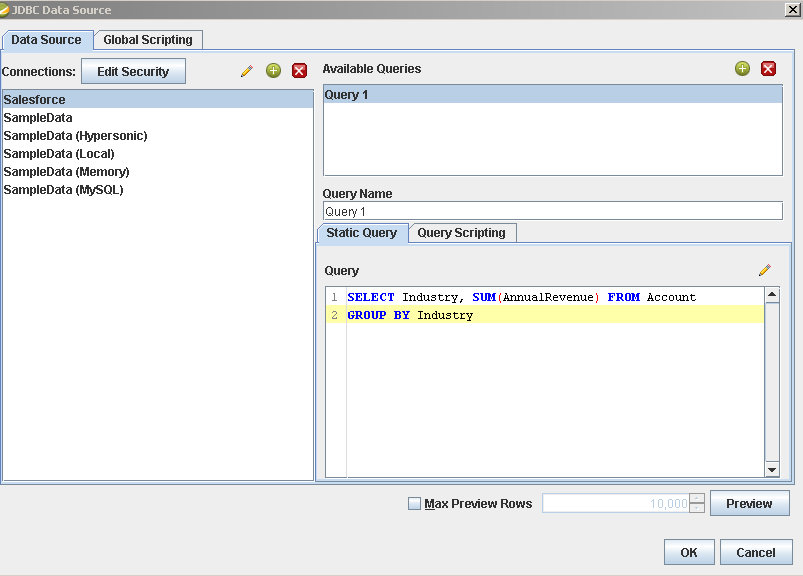Discover how a bimodal integration strategy can address the major data management challenges facing your organization today.
Get the Report →Integrate SFTP Data in the Pentaho Report Designer
Publish reports based on SFTP data in the Pentaho BI tool.
The CData JDBC Driver for SFTP data enables access to live data from dashboards and reports. This article shows how to connect to SFTP data as a JDBC data source and publish reports based on SFTP data in Pentaho.
Connect and Create a Report
- Copy the JAR file of the driver, located in the lib subfolder of the installation directory, to the \Report-Designer\lib\jdbc\ folder in the Pentaho directory.
- Run the report-designer.bat file in the \Report-Designer\ folder to open the Report-Designer UI.
Create a new data source with the driver by clicking Data -> Add Data Source -> Advanced -> JDBC (Custom) and then creating a new SFTP connection. In the resulting dialog, configure the connection properties as shown below.
Custom Connection URL property: Enter the JDBC URL. This starts with jdbc:sftp: and is followed by a semicolon-separated list of connection properties.
SFTP can be used to transfer files to and from SFTP servers using the SFTP Protocol. To connect, specify the RemoteHost;. service uses the User and Password and public key authentication (SSHClientCert). Choose an SSHAuthMode and specify connection values based on your selection.
Set the following connection properties to control the relational view of the file system:
- RemotePath: Set this to the current working directory.
- TableDepth: Set this to control the depth of subfolders to report as views.
- FileRetrievalDepth: Set this to retrieve files recursively and list them in the Root table.
Built-in Connection String Designer
For assistance in constructing the JDBC URL, use the connection string designer built into the SFTP JDBC Driver. Either double-click the JAR file or execute the jar file from the command-line.
java -jar cdata.jdbc.sftp.jarFill in the connection properties and copy the connection string to the clipboard.
![Using the built-in connection string designer to generate a JDBC URL (Salesforce is shown.)]()
When you configure the JDBC URL, you may also want to set the Max Rows connection property. This will limit the number of rows returned, which is especially helpful for improving performance when designing reports and visualizations.
Below is a typical JDBC URL:
jdbc:sftp:RemoteHost=MyFTPServer;- Custom Driver Class Name: Enter cdata.jdbc.sftp.SFTPDriver.
- User Name: The username to authenticate with.
- Password: The password to authenticate with.
![Required connection properties defined in the JDBC URL. (Salesforce is shown.)]()
Add SFTP Data to a Report
You are now ready to create a report with SFTP data.
-
Add the SFTP source to your report: Click Data -> Add Data Source -> JDBC and select the data source.
Configure the query. This article uses the one below:
SELECT Filesize, Filename FROM MyDirectory WHERE FilePath = /documents/doc.txt![The query to retrieve data, specified in the JDBC data source configuration wizard. (Salesforce is shown.)]()
- Drag a chart onto your report and double-click it to edit the chart. Run the report to display the chart. You can use the results of this query to create a simple chart for the MyDirectory table.
- Finally, run the report to see the chart.










